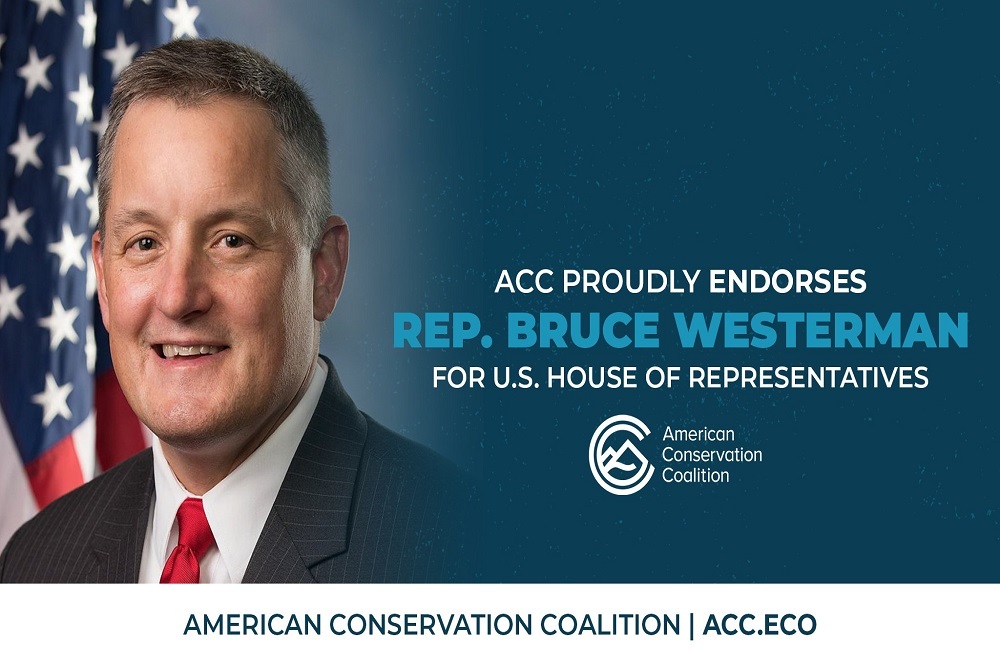Today, Representative Bruce Westerman (R-AR) joined Representatives Mike Gallagher (R-WI), Mike Quigley (D-IL), and Eric Swalwell (D-CA) to introduce the Promising Pathway Act, a bill that would increase access to treatments for those with life-threatening illnesses.
"For far too long, red tape has prevented patients with terminal conditions from finding necessary therapies," said Rep. Westerman."The Promising Pathway Act will allow innovative therapies with positive clinical trial data to treat patients outside the FDA's rigid trial requirements and spark competition between smaller and larger pharmaceutical companies. I am grateful for the opportunity to work in a bipartisan fashion to help patients across the country get the help they desperately need."
"Giving patients access to potentially life-saving drugs is a common-sense way to help individuals receive the care they need," said Rep. Gallagher. "This bill prioritizes patient's lives, promotes innovation, and cuts through the bureaucratic red tape that can slow down the approval process. I'm proud to introduce this bipartisan legislation in the House."
"Millions of Americans are touched by the fight against neurodegenerative diseases and too many face unnecessary barriers in the path to treatment," said Rep. Quigley. "This legislation will enable patients who have been diagnosed with diseases like ALS, Parkinson's, and Alzheimer's to access innovative drugs and hopefully improve their lives as they confront life-threatening conditions."
"The Promising Pathway Act would not only allow for rare and potentially fatal disease patients to get treatment faster, but it would also bolster our ability to respond to diseases that pose a potential epidemic or pandemic threat," said Rep. Swalwell. "If we've learned anything from the past year, it is that agility is necessary for combatting public health crises. I am proud to join my colleagues in re-introducing this bipartisan bill that brings us one step closer to finding cures for those with conditions like ALS and cancer, while also strengthening our response to future pandemics."
Background:
The Food and Drug Administration (FDA) utilizes three phases for the clinical trial process for prescription drugs. Early clinical trials (Phases I and II) establish and confirm safety while providing a considerable amount of data, often enough to statistically predict successful confirmatory trials. Confirmatory trials (Phase III) further test effectiveness and are the last step to a drug entering the market for patients' use under a New Drug Application or Biologics License Application approval.
Phase III trials are extremely time-consuming and expensive, in some cases costing billions of dollars. Small pharmaceutical companies attempting to bring innovative drugs to market and compete with large drug companies can go bankrupt during Phase III trial, if the FDA determines a drug doesn't meet its standards of safety or effectiveness. The Promising Pathway Act increases competition by allowing smaller companies to bring their life-saving treatments to market faster, while giving them the opportunity to raise money to complete further clinical trials.
Specifically, The Promising Pathway Act would allow pharmaceutical companies to petition FDA for a short-term provisional approval if the drug has cleared early stage clinical trials, has already proven safety, and shows significant evidence of effectiveness. The company could then sell their drug at a market acceptable rate, give patients access to innovative treatments, and compete with larger pharmaceutical companies to lower consumer cost.
Original source can be found here.


